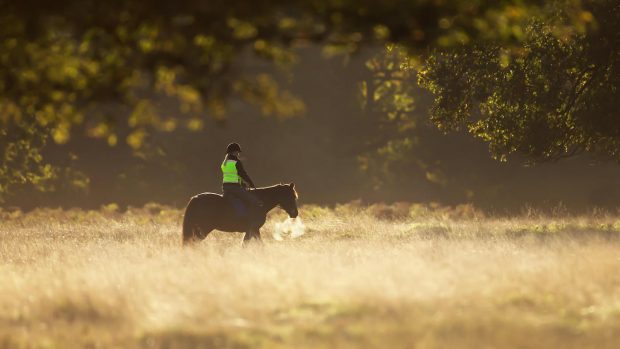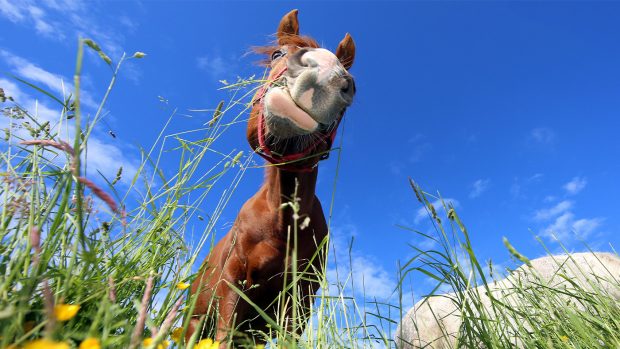Nutritionists understand the role of nutrients in the horse and the consequences of excess or deficiencies of these nutrients. They adapt the latest research and apply them where necessary.
Nutritionists know about feedstuffs and their value; about forages and how to grow them, as well as knowing the nutritive value of grass throughout the year.
They understand the formulation and design of compound feeds and supplements and know all the factors that affect their quality, including naturally occurring prohibited substances in feed and how to avoid them.
Nutritionists can formulate diets for horses of all classes. They can troubleshoot diets that don’t work and advise the appropriate feed and other management required to overcome them.
Nutritionists do not give veterinary advice, but will work with vets on clinical cases. Neither do nutritionists diagnose conditions and recommend the use of drugs – nutrition is all about preventative medicine.
Most feed companies have a free advice line.
A good nutritionist. . .
- Listens to your feeding worries or problems.
- Understands your query, however complex or way-out it is, and know when to recommend calling in the vet.
- Knows their subject.
- Gives good practical feeding and management advice that you understand and know you can follow.
- Believes their advice will work . . . and the advice works!




